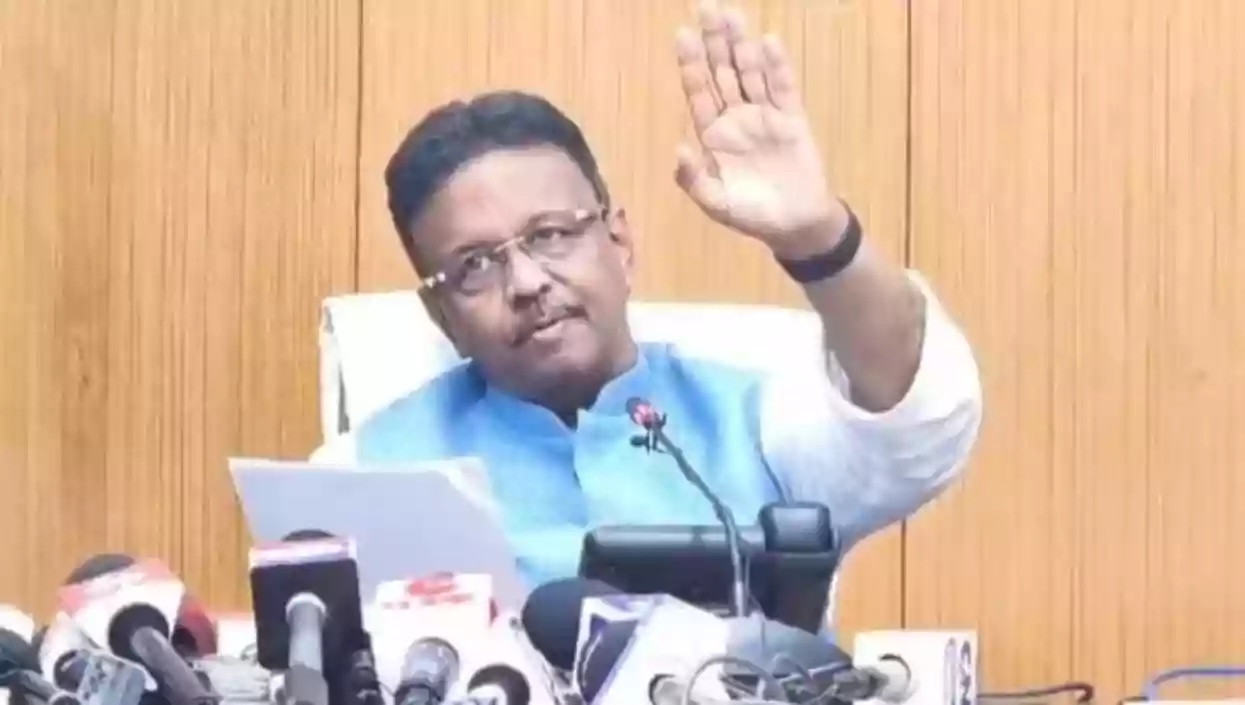.gif)
.gif)

A Central Intelligence Agency report has ignited a fresh controversy in West Bengal, naming several leaders of the ruling Trinamool Congress, including Kolkata Mayor and state minister Firhad Hakim, in a case involving the alleged illegal occupation and transfer of Waqf properties. The report, sent to the Union Home Ministry, highlights claims of "forcible encroachment" and "unauthorised gain" from religious land assets.
According to sources, the report mentions at least four prominent TMC figures — among them, Rajya Sabha MP Nadimul Haque, councilor Shammi Jahan Begum of Ward 64, and the late MLA Nasiruddin Ahmed of Kaliganj in Nadia district. Most notably, it alleges that Firhad Hakim encroached over 5 bighas of land from the Johura Bibi Waqf Estate, stretching between Mahabirtala Mosque and Alipur in Kolkata.
This revelation comes at a time when Bengal is witnessing growing protests against the recently passed Waqf Act. Areas like Jangipur and Suti in Murshidabad have turned into flashpoints, with demonstrators decrying the law's enforcement and voicing fears over minority property rights. The state government had earlier opposed the bill in the Assembly, though it was eventually passed.
Reacting to the Central agency’s report, Firhad Hakim strongly rejected the allegations. “A resolution opposing the Waqf Bill was passed in the Bengal Assembly. Despite that, it was bulldozed through. The Constitution guarantees minority property rights. This new law is unconstitutional and politically motivated — BJP wants both Hindu and Muslim votes,” Hakim said, branding the encroachment claims as “baseless.”
The report also alleges that councilor Shammi Jahan Begum has illegally occupied land within the Tipu Sultan Cemetery on Hazra Road. Both her and Hakim’s names are now at the center of an investigation that could potentially fuel further political tension in the state.
While the Central agency claims the report is based on solid intelligence, the Mayor has challenged the Centre to furnish any proof backing these allegations. With the opposition sharpening its tone and protests growing louder, the Waqf issue is set to become a major political flashpoint in the weeks ahead.